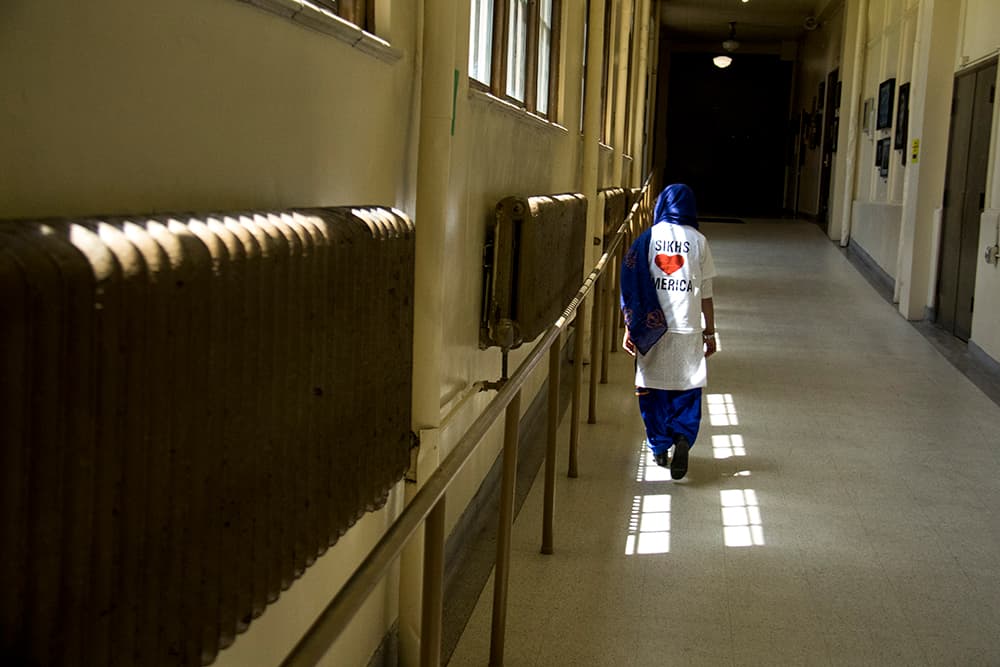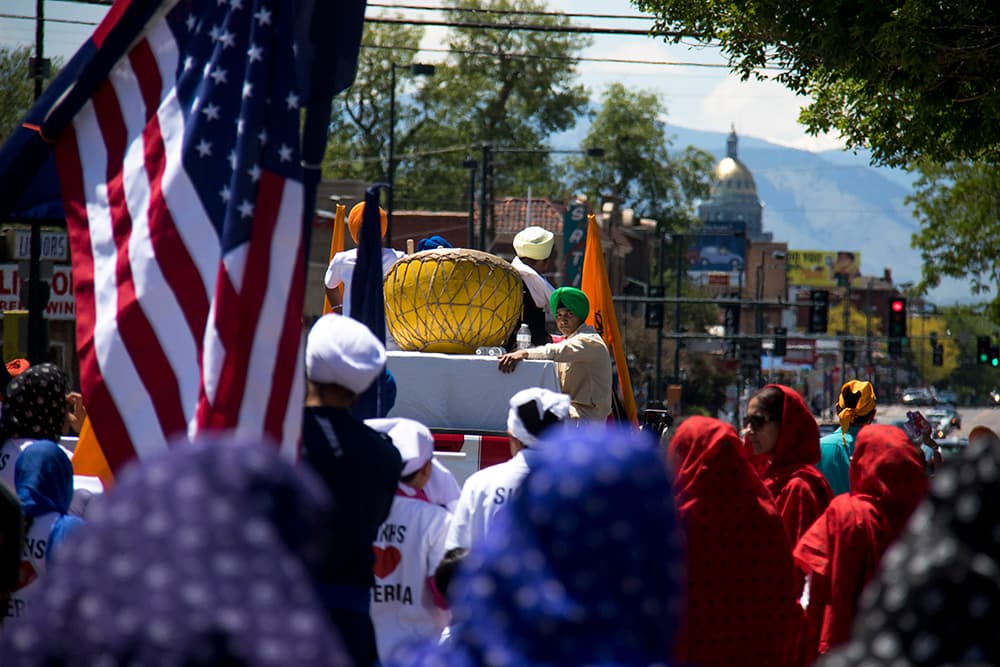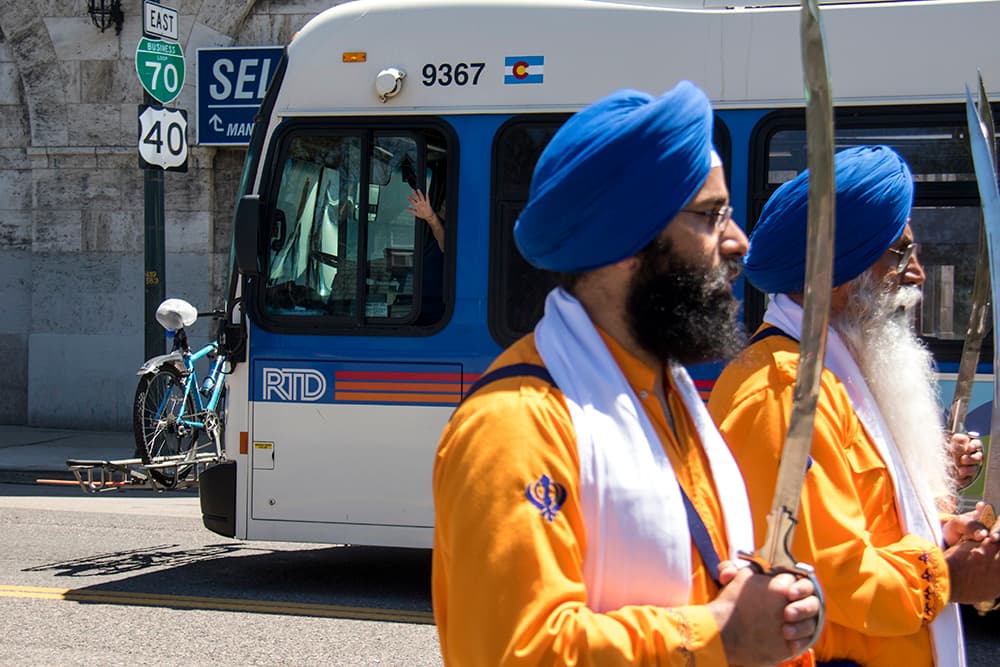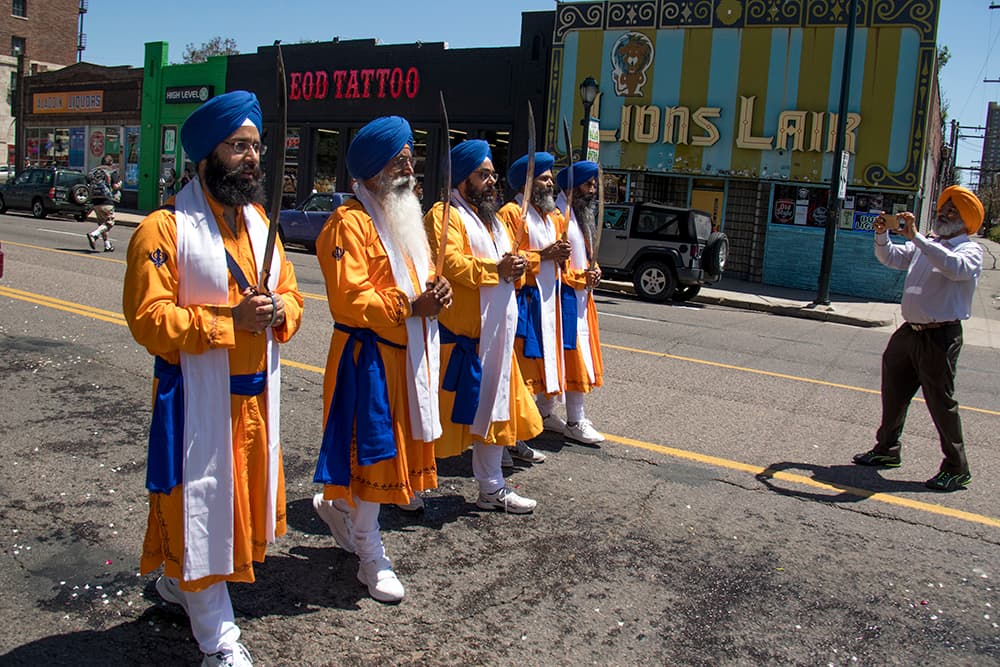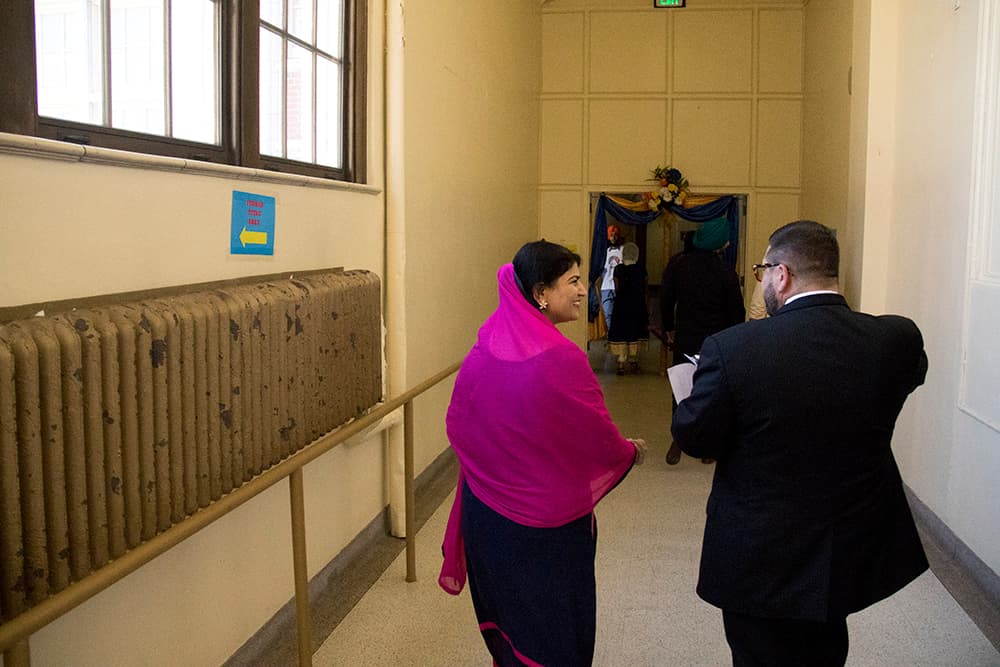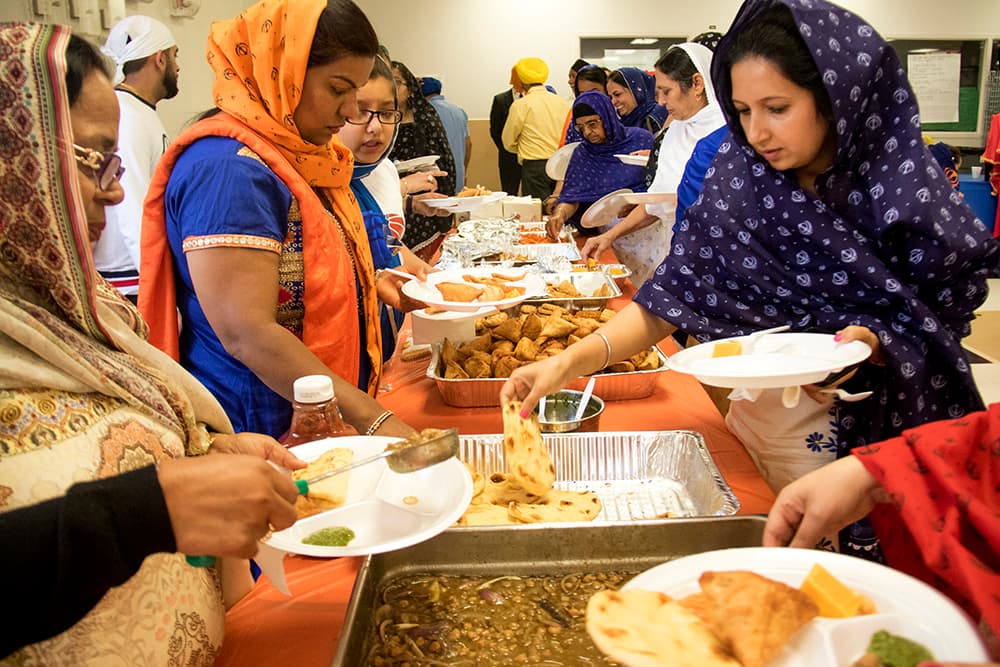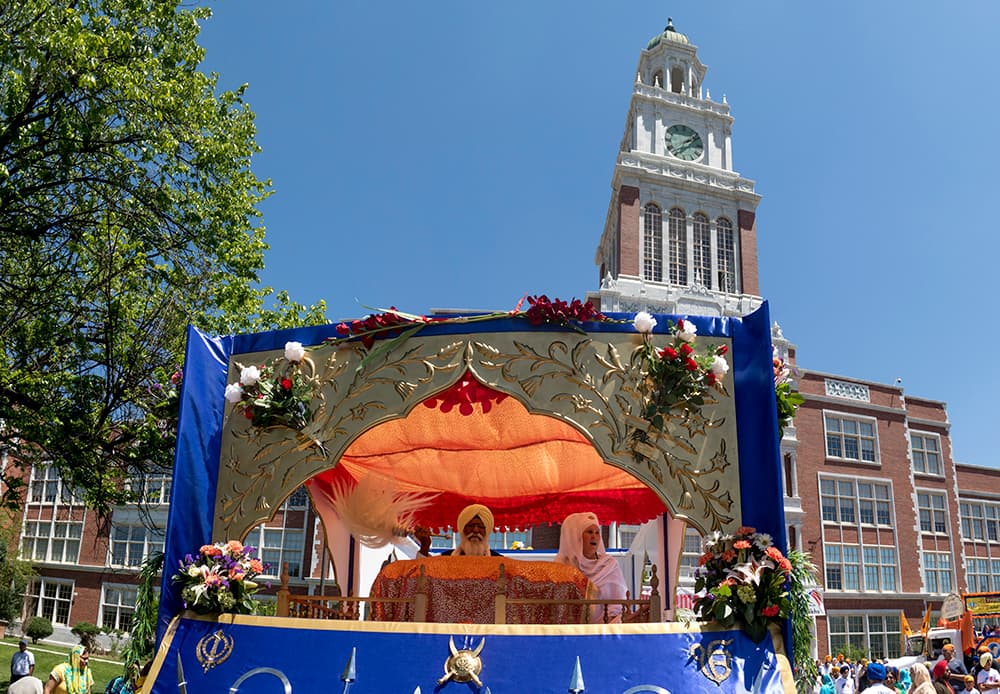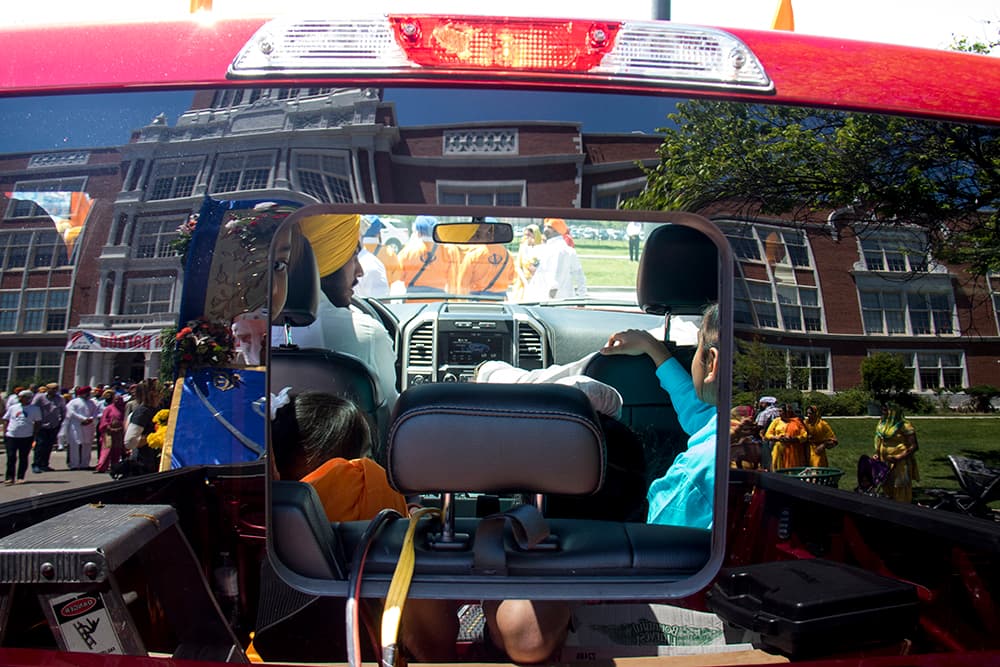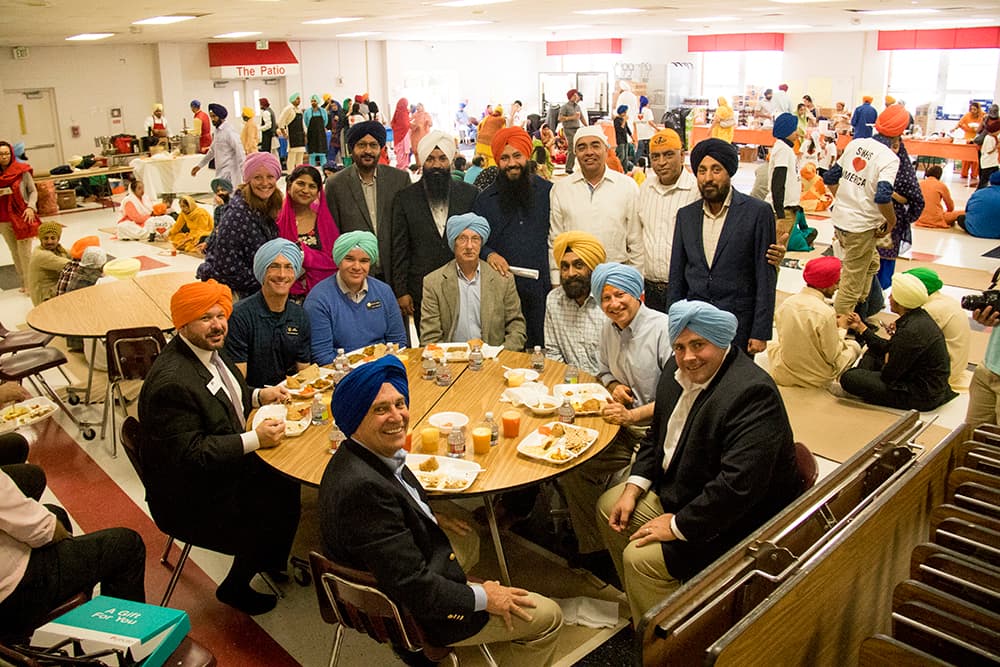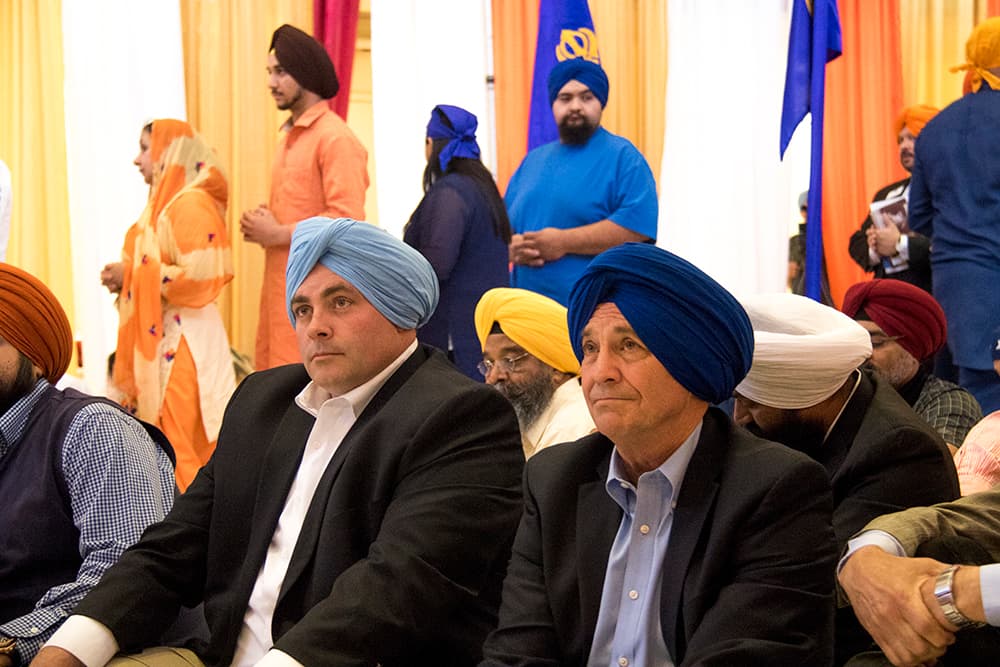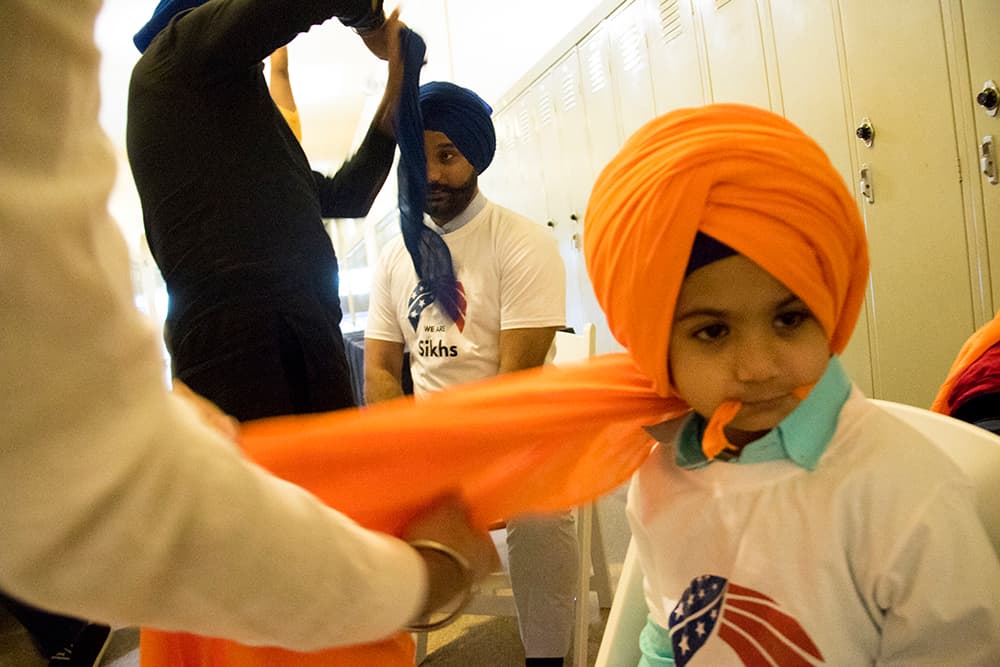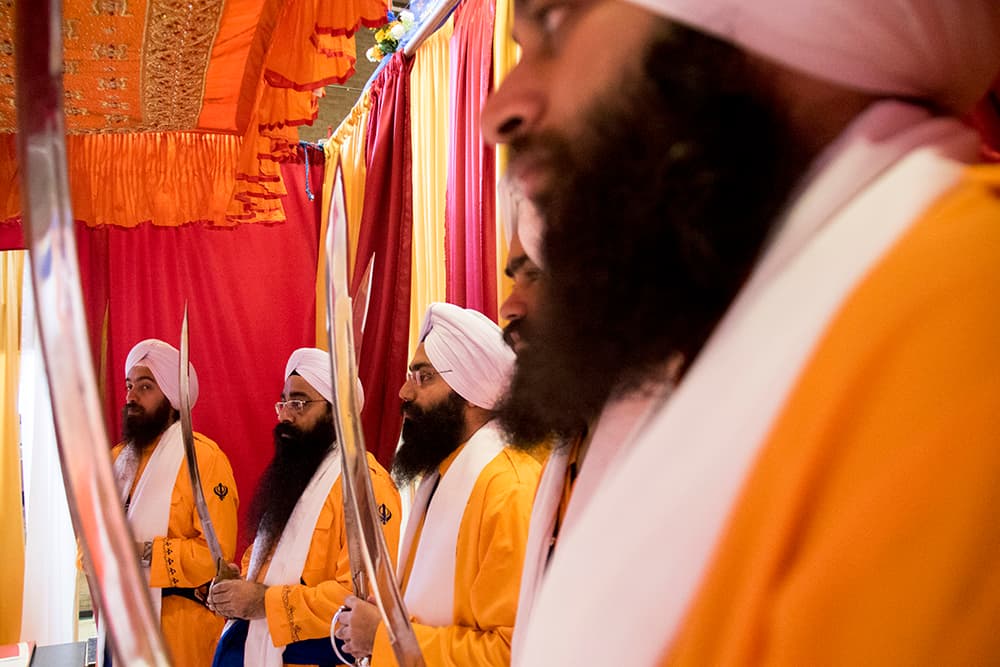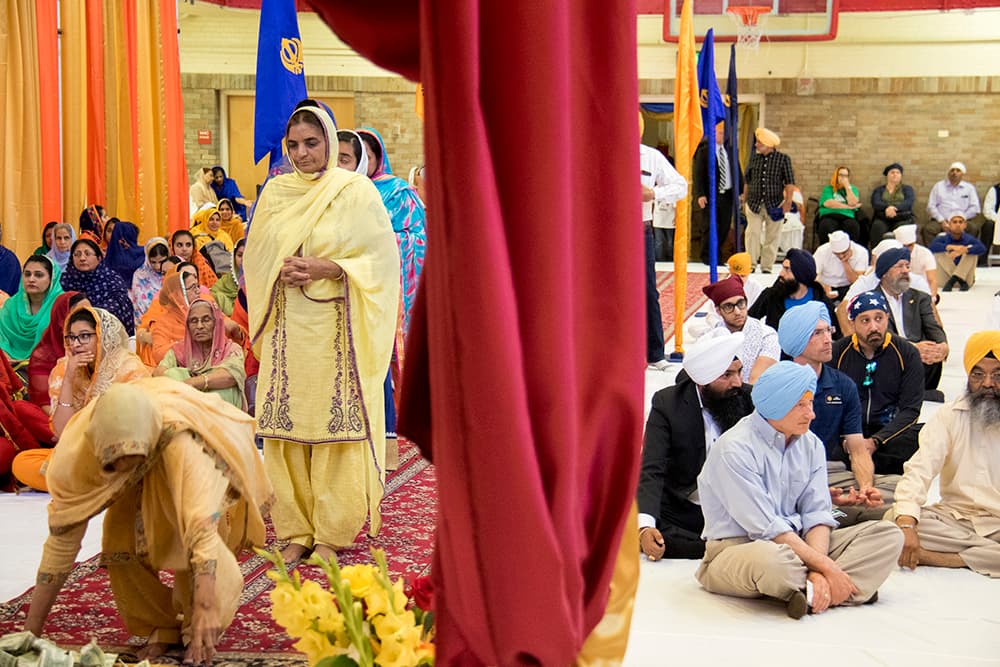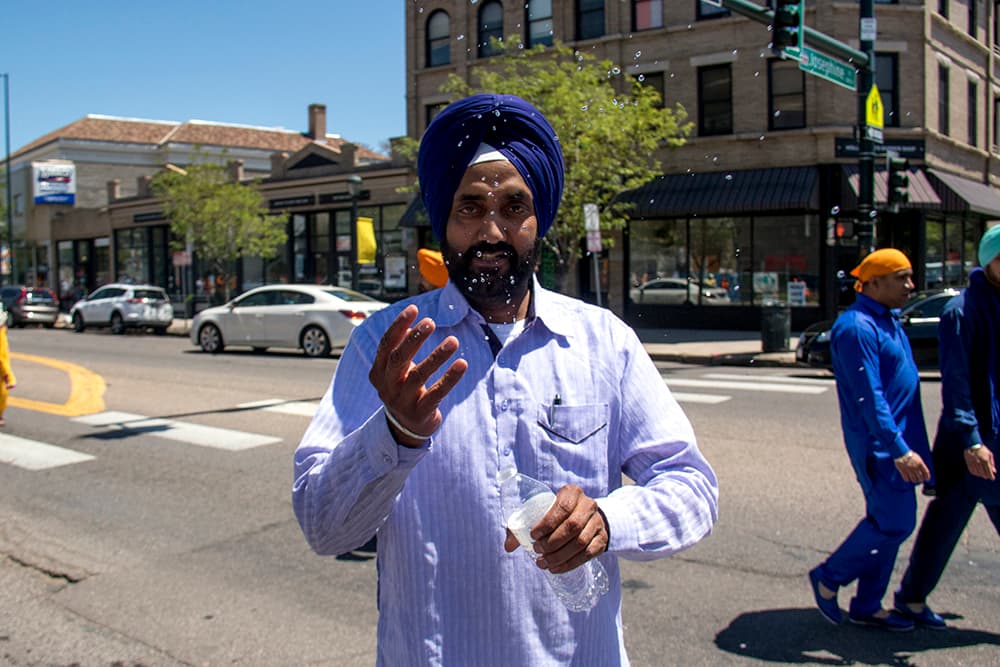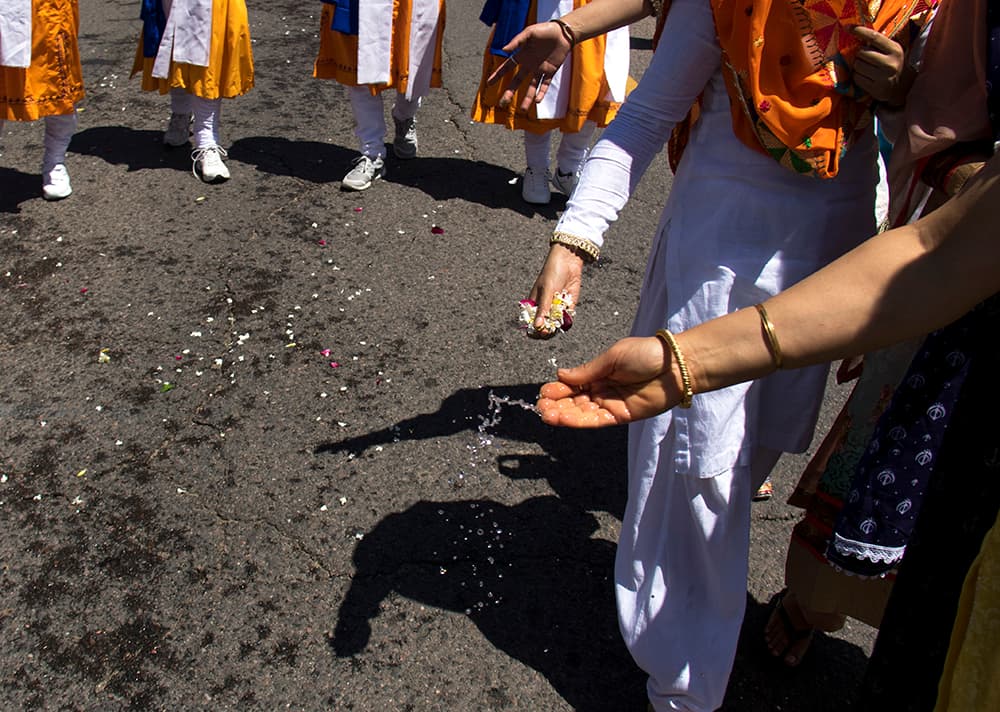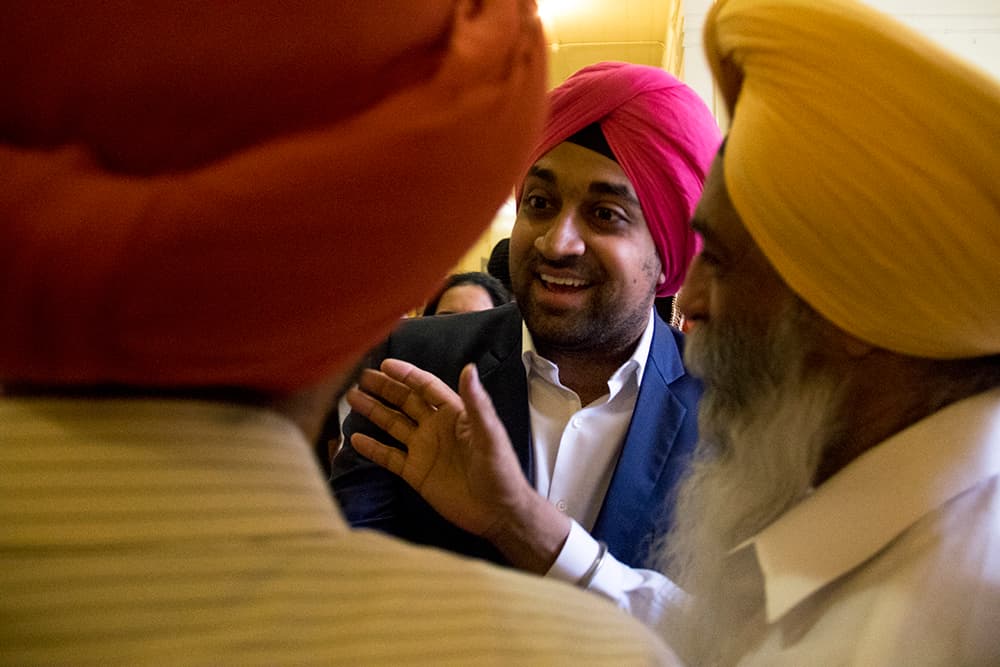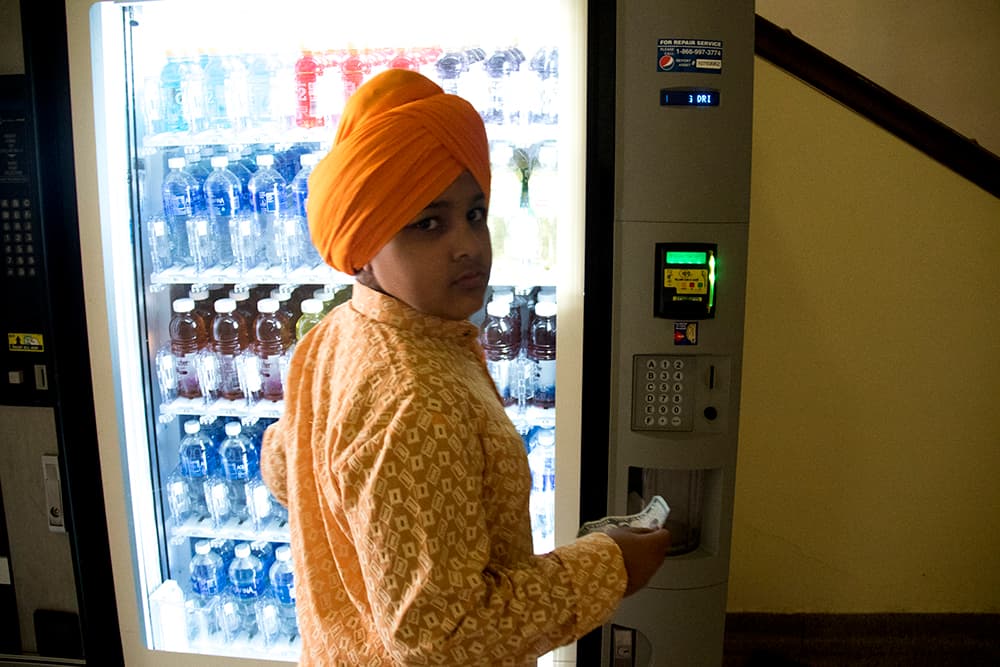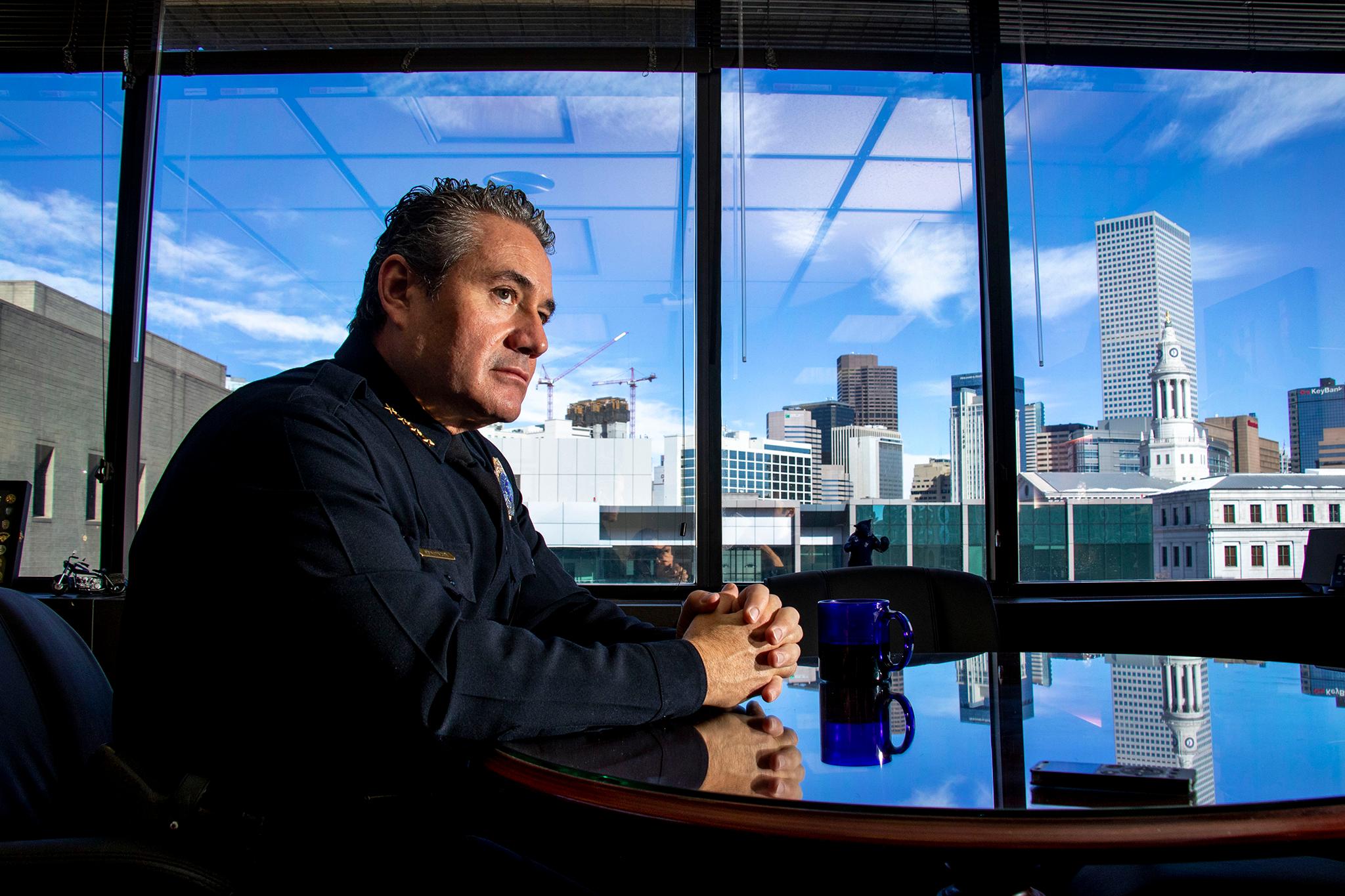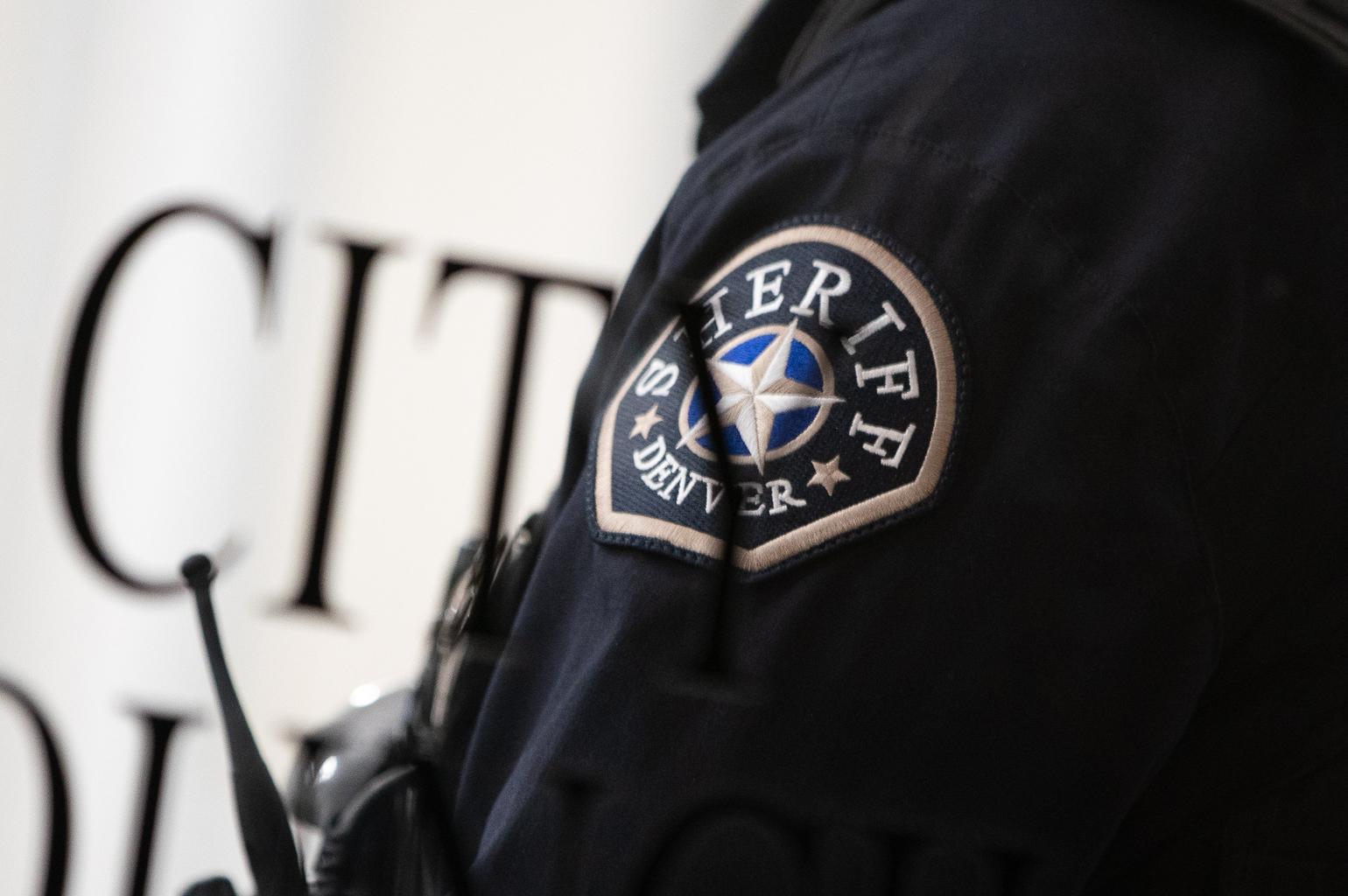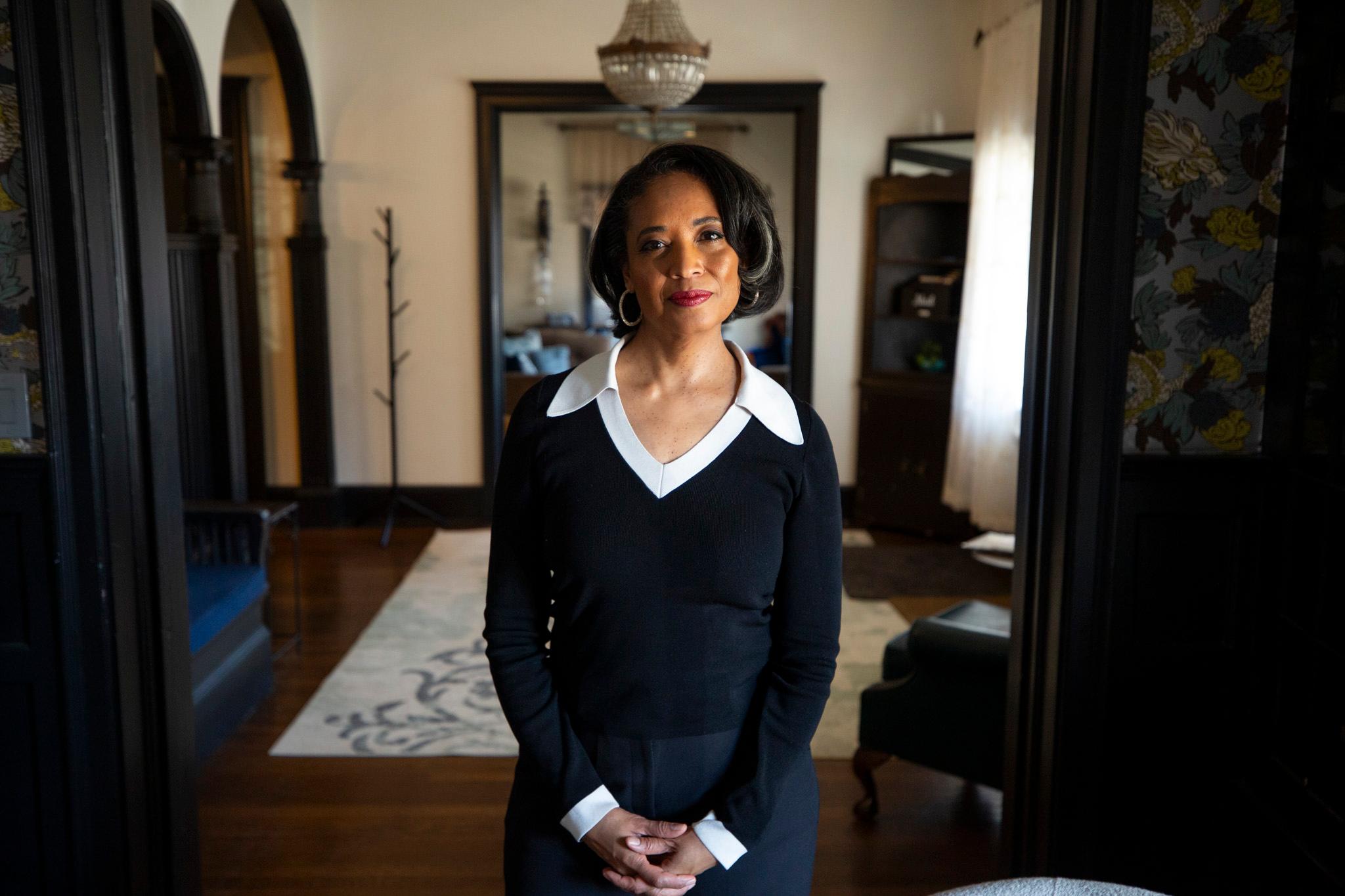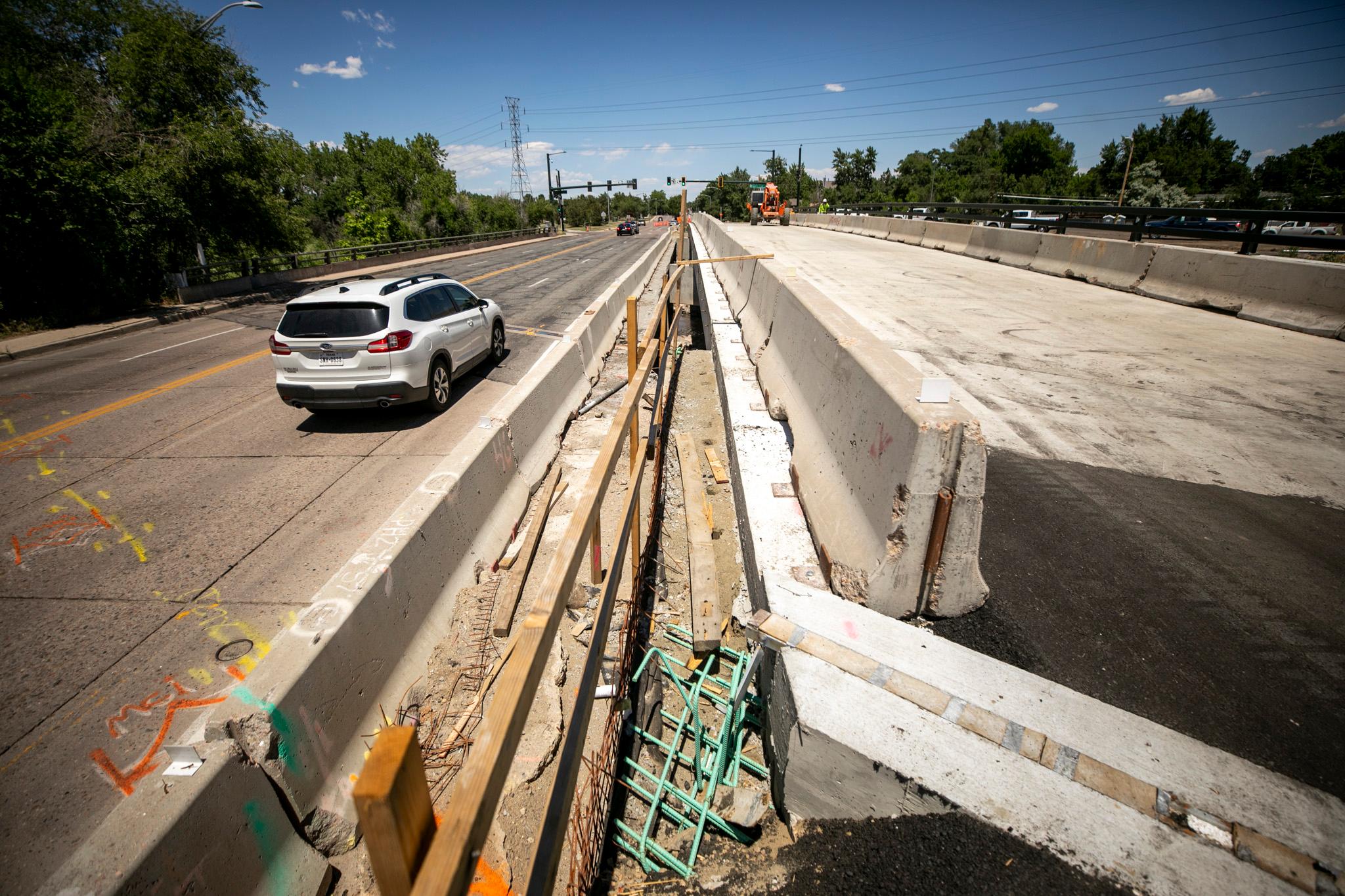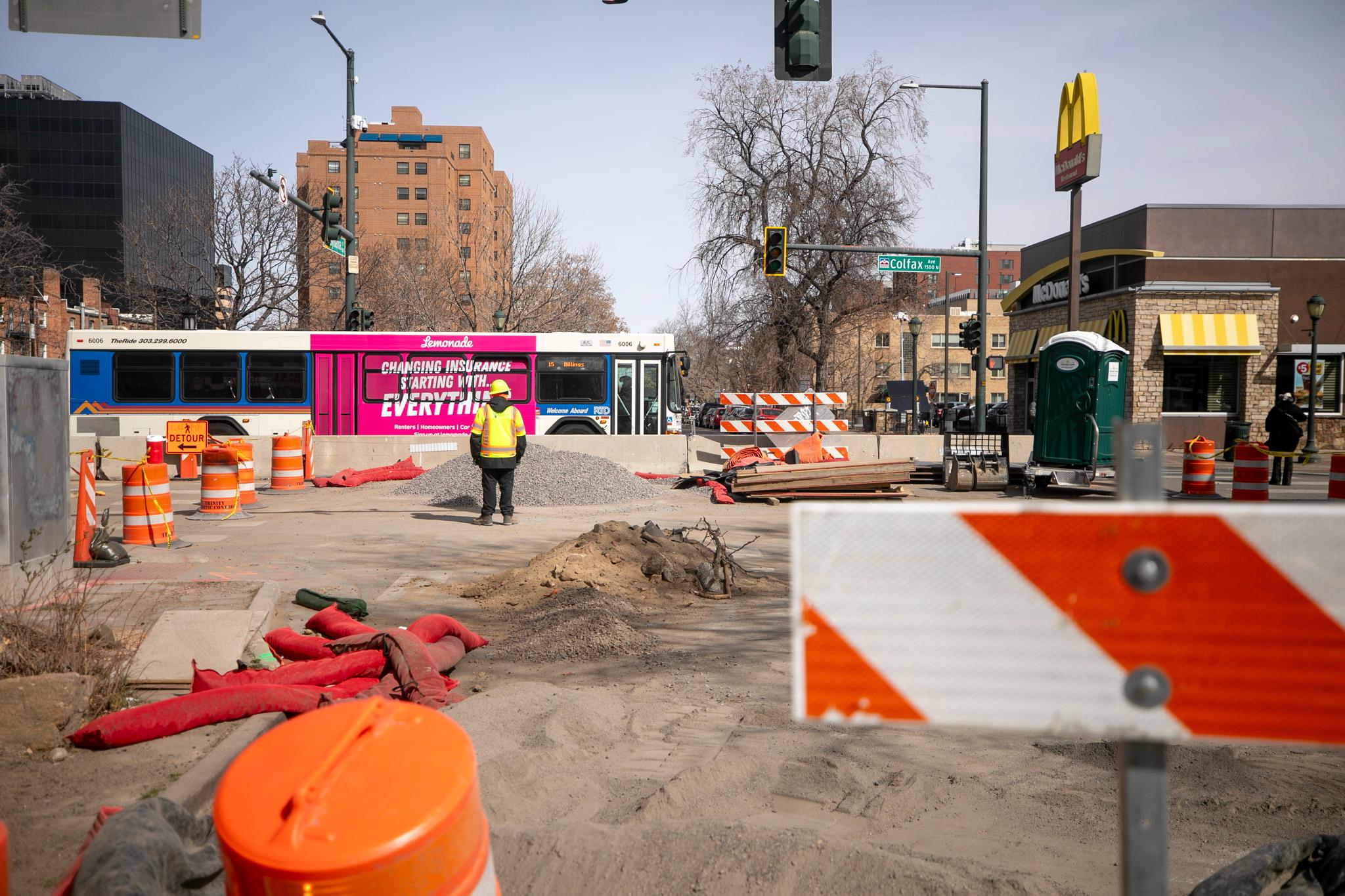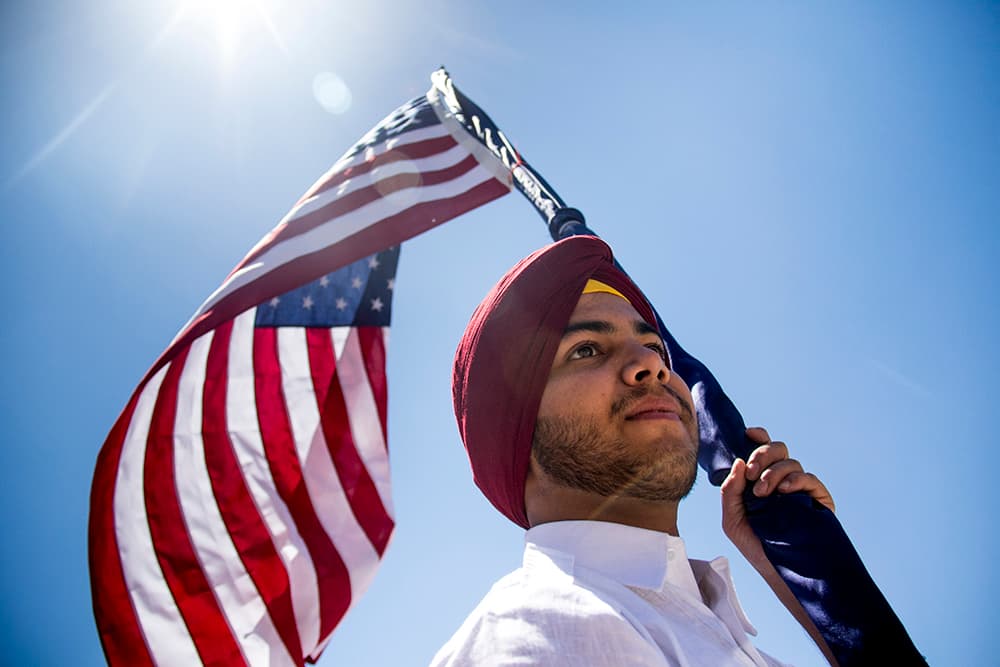
This spring, Davinder Sandhu took his kids to a Rockies game. They sat in box seats and had a great time, he said, but things took a turn when they emerged onto 20th Street into a crowd of post-game fans. Sandhu is Sikh and was covering his long hair with a turban, a symbol of his religion that became a target in a rowdy crowd. A couple of guys tried to yank it off his head, he said: an "awkward" situation.
"Kids have a thousand questions," he recalled wearily, "it's hard to explain."
Often mistaken for Muslims, Sikhs across the U.S. have been victims of more frequent hate crimes since the attacks of Sept. 11. Last year, as Donald Trump's presidential campaign stoked old fears, a renewed sense of alienation brought Sikhs into public forums to stand for their community's safety alongside Muslims and other immigrant groups with similar concerns.
"We are concerned about our kids," said Gurpreet Juneja. But, she continued, she thinks most bullying is the result of ignorance rather than hatred.
To battle this ignorance, Denver's Sikh community has taken a rather cheerful approach. On Sunday, hundreds of people clad in colorful turbans and shawls marched out of East High School and down Colfax in a second-annual parade, both to celebrate their holiday Vaisakhi and to rech out to others. Volunteers flanking the procession handed out informational flyers to passers-by that read, "Who are the Sikhs?"
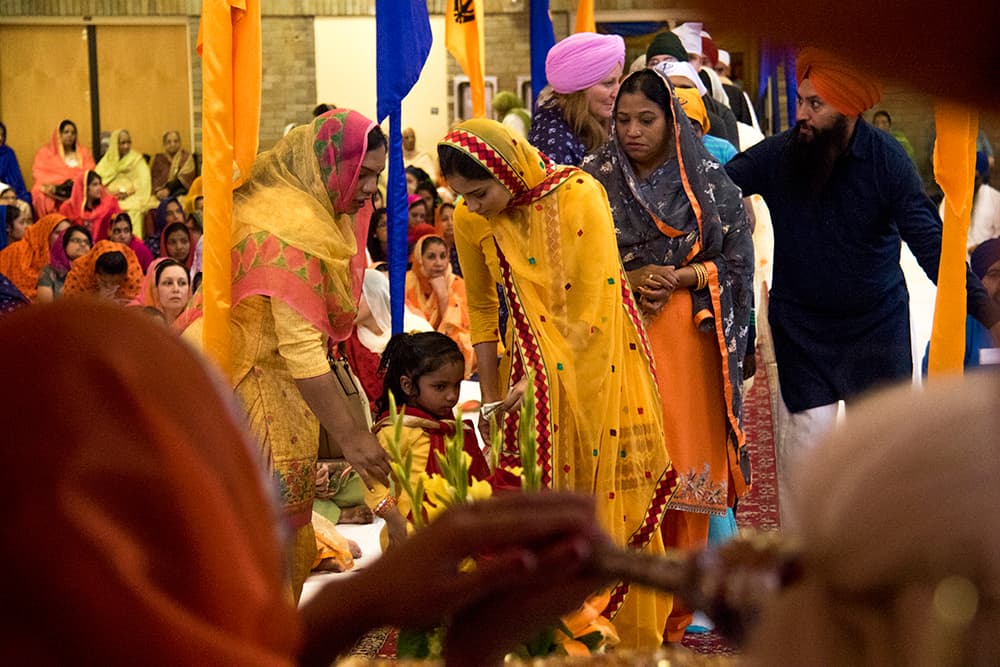
This year, the parade's public integration effort comes as community leaders are lobbying for institutional inclusion. Last month, a group attended a Colorado State Board of Education meeting to ask that Sikhism be added to the state's academic standards. If kids are required to learn about Christianity, Islam, Judaism, Buddhism and Hinduism, proponents say, then Sikhism, the world's fifth-largest religion, should also be included.
Juneja said her first-grade son Tejbir was getting bullied about his traditionally long hair at school. To deal with the problem, she said, Juneja led a presentation for his class in which she tied his hair and explained its significance to their religion. After that, she said, his classmates had a change of heart.
"What we learned is awareness is what you really need" and, she said, mandatory education could help set a baseline for everyone.
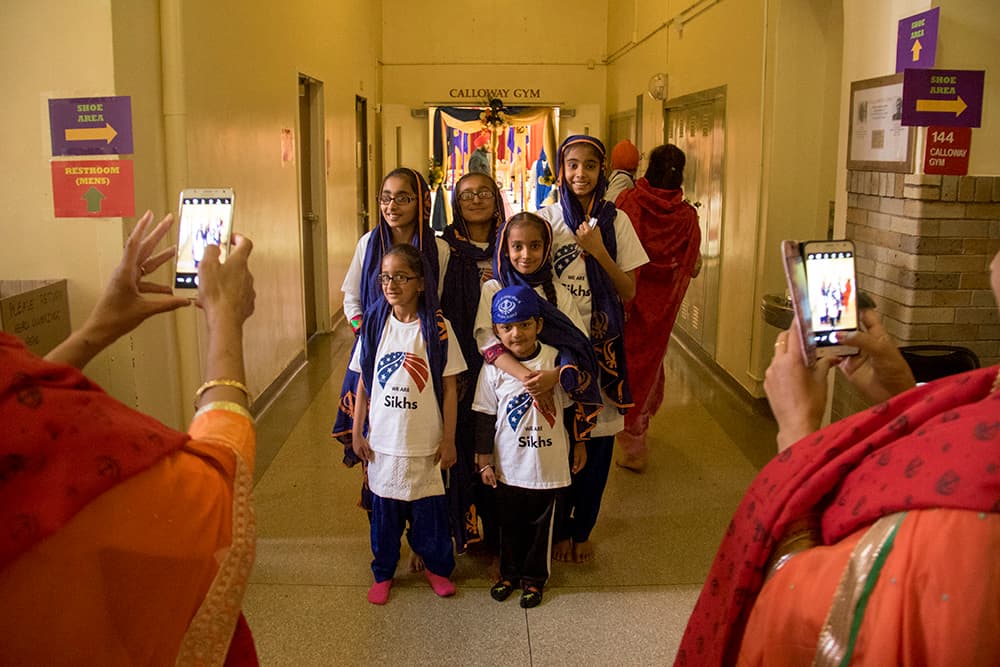
It seems their message has resonated with local officials. Among the attendees at East High was a collective of Colorado politicians from both parties and all levels who came to show support for the community's efforts to be recognized. Speaking to the crowd under their own turbans, Republican Representative Mike Coffman and Democratic Representative Ed Perlmutter both pledged to join a bipartisan Sikh caucus in Washington.
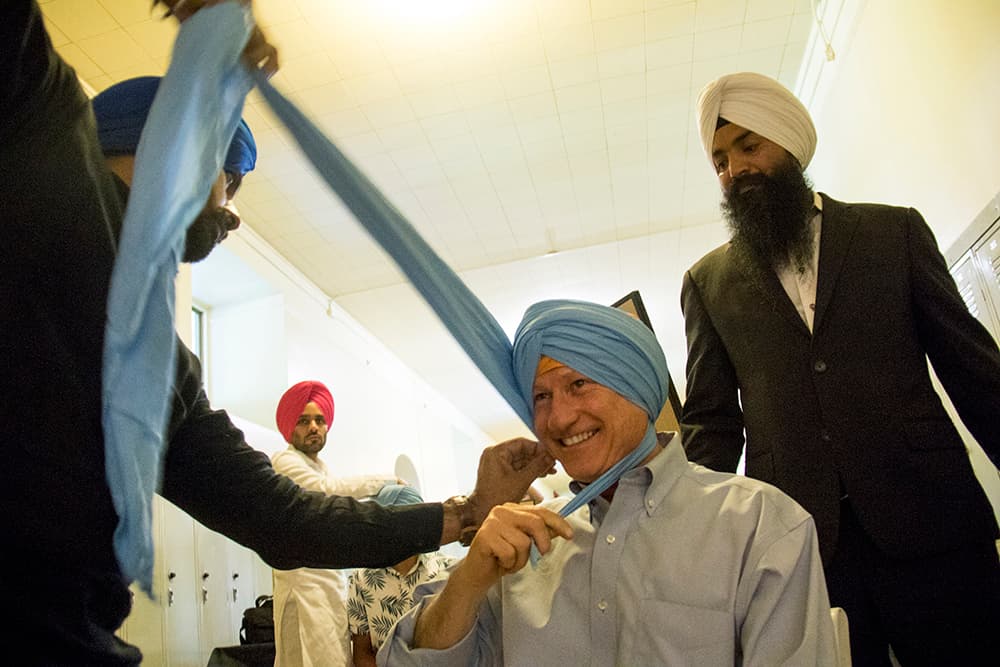
Coffman, the only one who was given a ceremonial sword as thanks for attending, said he was helping to set up meetings between education officials and community leaders to add Sikhism to the curriculum. Adams County Commissioner Steve O'Dorisio, whose home turf includes the massive Colorado Singh Sabha temple, said he also wrote a letter of support backing the community's education effort.
Around 1:30 Sunday afternoon, the massive procession left East High and made their way down Colfax. Dressed in vibrant garments and tee-shirts reading, "Sikhs ♥︎ America," this Colorado community blessed the city as they made their presence known.
